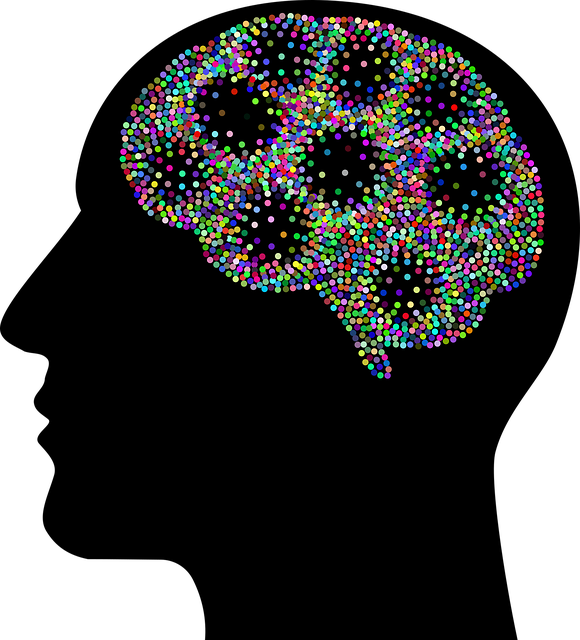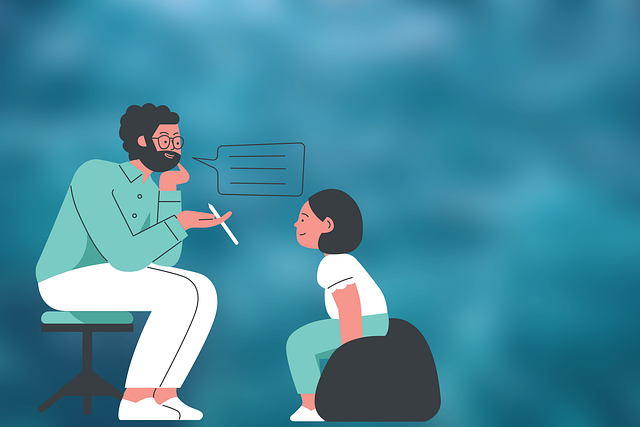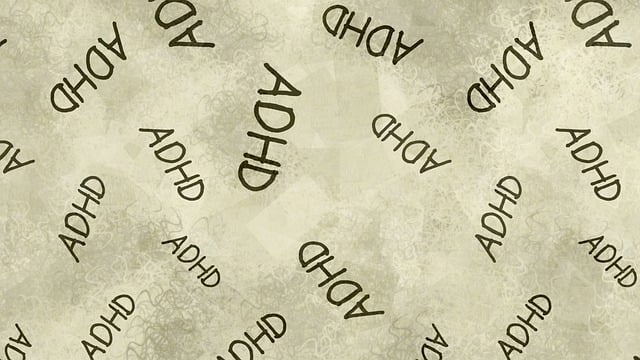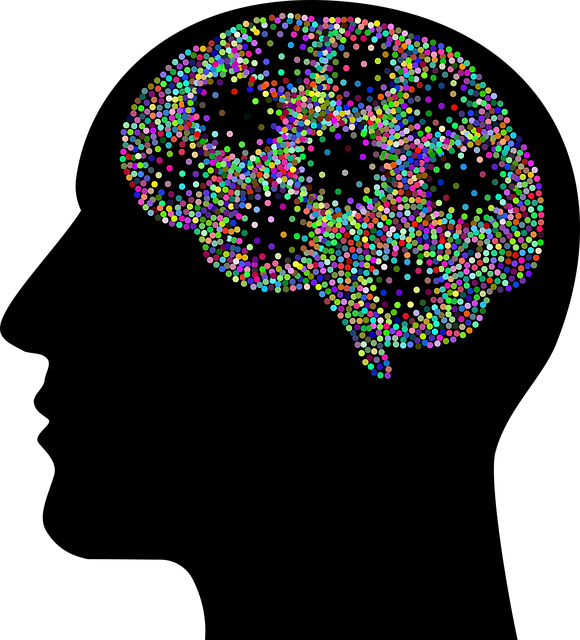Social skills development through holistic approaches like those offered by Parker Gender Identity Therapy is a crucial component in managing mental well-being, especially for individuals with anxiety, depression, or gender identity issues. By combining social skills training with specialized therapies, clients can improve mood disorders, reduce loneliness, combat stigma, and enhance their overall quality of life. This involves structured programs focusing on communication, assertiveness, and meaningful interactions, practiced in diverse settings to build confidence and resilience. Integrating these skills into daily routines, combined with self-care practices and reflection, supports sustained mental health improvements.
Social skills training is an essential component of mental health treatment, addressing the unique challenges faced by individuals with conditions like anxiety, depression, and social phobias. This article explores the intricate link between social abilities and mental wellness, highlighting the effectiveness of Parker Gender Identity Therapy (PGIT) in fostering meaningful connections. We’ll delve into evidence-based strategies for therapists, offering practical insights to integrate social skills training into daily life, ensuring long-lasting positive outcomes for clients.
- Understanding the Connection Between Social Skills and Mental Health
- The Role of Parker Gender Identity Therapy in Social Skills Training
- Strategies for Effective Social Skills Development in a Therapeutic Setting
- Integrating Social Skills Training into Daily Life for Long-Term Success
Understanding the Connection Between Social Skills and Mental Health

Social skills are a crucial aspect of mental well-being, and their development is often interconnected with managing mental health conditions. Many individuals struggling with mental illness, such as those seeking Parker Gender Identity Therapy, face challenges in social interactions due to symptoms like anxiety, depression, or distorted thinking patterns. These difficulties can lead to isolation, which, in turn, exacerbates the effects of their mental health condition.
Improving social skills becomes a vital tool for managing mood disorders and enhancing self-esteem. By learning effective communication strategies, assertiveness techniques, and appropriate social behaviors, individuals can better navigate relationships, reduce feelings of loneliness, and combat the stigma surrounding mental illness. This holistic approach to therapy, combining social skills training with specialized treatments like Parker Gender Identity Therapy, offers a comprehensive strategy for improving overall mental health and quality of life.
The Role of Parker Gender Identity Therapy in Social Skills Training

Social skills training is a vital component of holistic mental health care, and Parker Gender Identity Therapy offers a unique and effective approach to enhancing social interactions for individuals navigating mental health conditions. This therapeutic method recognizes that improving social abilities can significantly impact one’s overall well-being, especially for those who struggle with gender identity issues. By focusing on emotional healing processes, the therapy facilitates the development of essential social skills, empowering individuals to connect and communicate more effectively with others.
Incorporating mindfulness meditation techniques, Parker Gender Identity Therapy helps clients manage anxiety and stress related to social situations. These practices encourage self-awareness and emotional regulation, which are cornerstone skills for improving social relationships. By addressing burnout prevention strategies, the therapy also equips participants with tools to maintain a healthy work-life balance, fostering better social engagement and overall mental resilience.
Strategies for Effective Social Skills Development in a Therapeutic Setting

Social skills training is a potent tool within therapeutic settings, especially tailored to individuals navigating mental health conditions. One effective approach, as championed by Parker Gender Identity Therapy, involves structured programs designed to foster meaningful social interactions and communication strategies. These programs often incorporate role-playing scenarios, group discussions, and skill-building workshops, enabling participants to practice and refine their abilities in a safe environment.
The process emphasizes the importance of individualized support, adapting techniques to suit diverse needs. By combining evidence-based practices with compassionate guidance, therapists can help clients build resilience in social settings. This is particularly relevant in addressing challenges faced by healthcare providers, as Burnout Prevention Strategies highlight the need for effective stress management. Public Awareness Campaigns Development further underscores the value of these skills, promoting a more inclusive and supportive society.
Integrating Social Skills Training into Daily Life for Long-Term Success

Integrating social skills training into daily routines is paramount for individuals navigating mental health conditions, aiming for long-term success and improved well-being. This involves practicing newly acquired skills in various settings, from casual conversations with friends to more structured interactions at work or school. At Parker Gender Identity Therapy, we emphasize the importance of translating therapeutic gains into real-world applications. Our approach encourages clients to gradually expose themselves to social situations that challenge them, fostering confidence and resilience.
By consistently applying self-care practices, mood management techniques, and burnout prevention strategies alongside social skills training, individuals can achieve a sense of balance and control. Incorporating regular reflection on personal boundaries, stress reduction techniques, and effective communication methods enables people to navigate social interactions with ease. This holistic integration supports sustained mental health improvements, enhancing overall quality of life.
Social skills training, especially tailored through approaches like Parker Gender Identity Therapy, plays a pivotal role in enhancing mental health outcomes. By incorporating effective strategies into therapeutic sessions and encouraging integration into daily life, individuals with various mental health conditions can improve their social interactions, foster meaningful connections, and ultimately achieve long-term success and well-being. This comprehensive training is a powerful tool that can transform lives by reducing isolation and promoting a more inclusive society.














